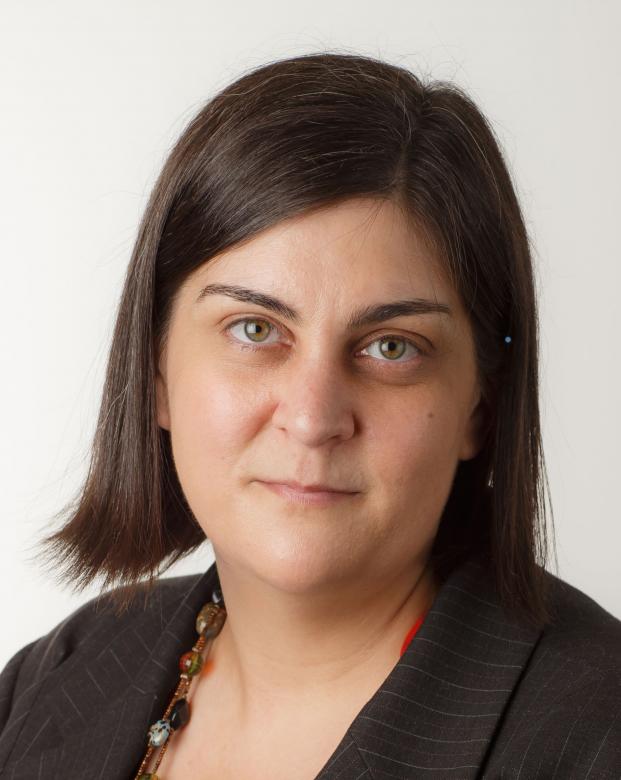David Satti, Director of Strategy and Governance, traded places with Amber Miller in Adelaide. Amber works for the multi-utility regulator in South Australia, ESCOSA. Exchanges such as this provide new perspectives on regulatory approaches, as well as offering invaluable training opportunities.
Amber’s reflections:

Amber is responsible for managing the regulatory policy team, who design the strategies and frameworks to protect South Australian utilities customers. While at WICS she saw first-hand the stakeholder collaboration that the sector has built up over the past few years, and also spent time in our retail team.
She says: “For many years, we’ve been exploring ways to help the various businesses we regulate shift their focus to their customers, rather than having technical debates with us. Our research led us to some of the work WICS had been doing to try to apply the principles of Ethical Business Practice and Ethical Business Regulation. We had been following a very similar philosophy for quite some time here in South Australia, but this discovery gave us a more cohesive framework and a language to describe what we were doing.
It is one thing to read about how another utility regulator is trying to do similar things, it’s another thing to be able to experience it first-hand. It was inspiring to see the diverse group of stakeholders—government, regulators, Scottish Water and customers—talking collectively about their aspirations for the industry as a whole. It is an ambitious vision and they were openly having the difficult conversations.
It was also fascinating to see the steps being taken to try to apply this same regulatory philosophy in the retail market. WICS is trying to encourage businesses that are in competition with each other to sign up to a more collective purpose, to recognise that they each have a role to play in the success of the market overall. It’s an interesting concept that I haven’t seen tried in any of the competitive markets we regulate.
I am in contact with David, who I did the exchange with, on a regular basis. We are trying to deal with very similar things in rather different circumstances so it’s great to be able to message him or have a chat. I often feel that the practice of economic regulation can be more art than science – so it’s great to be able to talk to other people who are doing the same thing, that’s the sort of stuff you just can’t buy!”
More about ESCOSA
ESCOSA (the Essential Services Commission) is an independent economic regulator, based in Adelaide, Australia. With responsibility for energy, water and sewerage, railways and maritime services its objective is to protect “the long-term interests of South Australian consumers with respect to the price, quality and reliability of essential services”.
David’s reflections

David’s main role at WICS is to collaborate with Scottish Water as it thinks strategically about the dual challenges of replacing its ageing infrastructure and meeting a 2040 net-zero emissions target.
He says: “I really enjoyed the exchange. ESCOSA is a multi-sector regulator – of which there are many in Europe – so it was good to learn how its regulatory approaches differ sector to sector. It was also good to think about how a multi-sector regulator structures its organisation.
I also had a fascinating role with ESCOSA, which was to act as devil’s advocate – challenging some of the more traditional ways of thinking that are so much a part of much of the regulatory world.
I was also able to work with colleagues there as they prepared for their current charge determination of SA Water. As an ‘outsider’ I was free to ask difficult questions, to challenge thinking and to brainstorm ideas about the best way to tackle the sector’s longer term challenges. I was also able to explore with them the benefits of a non-adversarial approach to regulation, which is the direction we are moving in in Scotland.
There are many similarities between both organisations. ESCOSA also operates within a public sector model, but I was interested in drawing out where there are differences between our way of working and theirs. So for example we were able to discuss the pros and cons of different approaches to facilitating customer input at price reviews and the nuances of RPI-X regulation.
It’s great that I now stay in regular contact with Amber and her ESCOSA colleagues. As peer regulators, operating on different sides of the world but ultimately trying to achieve the same thing, we are able to not only support each other but also provide robust challenge.”